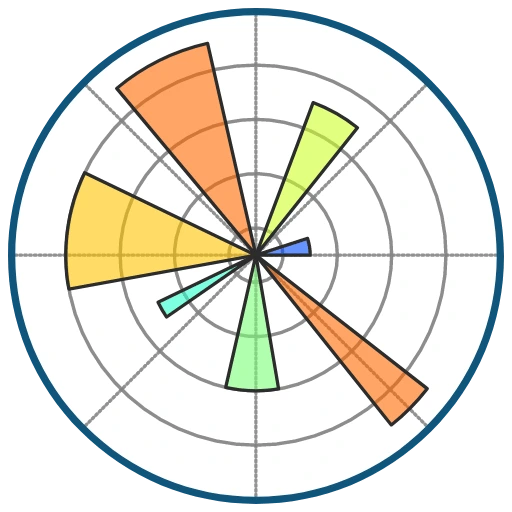|| Data Analytics Using R Course in Dahod
The Data Analytics Using R course at BIT Dahod offers an extensive and immersive learning experience designed to equip students with the critical skills necessary to excel in the field of data analytics using R, one of the most powerful programming languages for data analysis. This course provides a comprehensive exploration of R, starting from its foundational concepts and advancing to complex data manipulation, statistical analysis, and machine learning techniques. Designed for both beginners and those with some prior experience, the course covers all essential aspects of R programming, empowering students to analyze, visualize, and interpret data effectively across various domains.
In the early stages, students will be introduced to R's basic syntax, data structures, and functions, gaining hands-on experience with practical examples that lay the groundwork for more advanced topics. The course focuses on data wrangling, enabling students to clean, transform, and prepare datasets for analysis using packages like dplyr and tidyr. The curriculum then delves into the power of data visualization, leveraging ggplot2 to create insightful and aesthetically appealing graphs, charts, and plots. Students will understand how to present data in meaningful ways, helping them to uncover trends and patterns that may not be immediately apparent.
As the course progresses, students will explore various statistical methods available in R to conduct hypothesis testing, regression analysis, and time-series forecasting, all of which are essential skills for real-world data analysis. The course emphasizes the importance of statistical thinking, teaching students how to apply the right statistical techniques to draw valid conclusions from data. Building on these statistical foundations, the course introduces machine learning concepts and the use of R packages like caret to implement supervised and unsupervised learning algorithms. Students will learn how to build predictive models, classify data, and cluster observations to make data-driven predictions and decisions.
The hands-on approach of this course is a key feature, providing ample opportunities for students to apply their knowledge to real-world datasets, including those from industries like healthcare, finance, and marketing. Students will engage in practical projects and case studies, which will hone their problem-solving abilities and help them develop an analytical mindset. These projects will guide students through the entire data analysis pipeline—from data collection and preparation to analysis and presentation of results.
Moreover, the course covers advanced topics such as text mining, sentiment analysis, and data visualization techniques that are vital in today’s data-driven world. Students will learn how to extract valuable insights from unstructured data, such as customer feedback, social media posts, and reviews, using R’s text mining capabilities. By the end of the course, students will be proficient in using R to conduct thorough data analysis, create compelling visualizations, and develop predictive models, preparing them to tackle a wide range of data-driven challenges.
Graduates of the Data Analytics Using R course will possess a deep understanding of R and the practical experience needed to apply data analytics techniques in professional environments. Whether they pursue careers in data science, business intelligence, or other analytics roles, students will be well-equipped to make informed decisions, derive actionable insights from complex datasets, and contribute significantly to the success of any data-driven organization. This course is an excellent stepping stone for individuals looking to enhance their data analytics skills and advance their careers in the rapidly growing field of data science.











 4.8 (21,636) reviews
4.8 (21,636) reviews
 Python
Python
 TensorFlow
TensorFlow
 PyTorch
PyTorch
 Keras
Keras
 Seaborn
Seaborn
 numpy
numpy
 Jupyter
Jupyter
 VS Code
VS Code
 Pandas
Pandas
 GitHub
GitHub
 Docker
Docker
 SQL
SQL
 AWS
AWS
 OpenAI's GPT
OpenAI's GPT
 Scikit-learn
Scikit-learn
 Power BI
Power BI
 Google Colab
Google Colab
 PyCharm
PyCharm
 Tableau
Tableau
 Plotly
Plotly
 Azure
Azure
 Matplotlib
Matplotlib
 SciPy
SciPy
 Alteryx
Alteryx
 Scrum
Scrum
 Excel
Excel
 VBA
VBA
 Snowflake
Snowflake
 QlikSense
QlikSense


 Read more
Read more 
